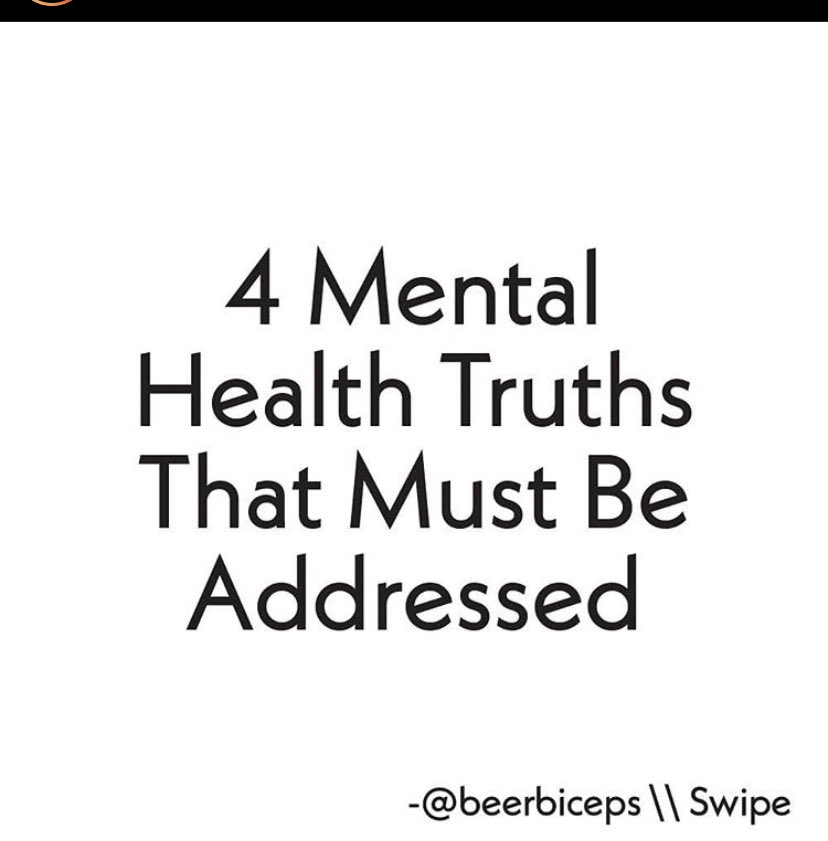
Things I have learnt after having 4 burnouts this year: Burnout is caused by prolonged stress exposure + extreme exhaustion. The 1st burnout I had showed up as symptoms similar to COVID - body fatigue, fever, dry cough coupled with difficulty concentrating and extreme irritation
Showed up out of nowhere and knocked me out for 5 days. After 5 days, I felt much better, like my physical and emotional energy had returned to some degree. Thing is, I could do NOTHING for the 5 days so my body got the rest it had been asking for, for months.
So I learnt that doing nothing and refraining from stimulation could be useful and I started assigning one work day a month where I'd do nothing - no structure, nothing organised, nothing to look forward to.
I started reminding myself that rest is not something to be earned. It is a necessity like food and water. You drink enough water, you prevent dehydration. You give your body the rest it demands, it is possible to prevent burnout. Of course this is a feature of privilege.
Overstimulation can make things worse because it's constant intellectual and emotional labour that requires your brain and body to be engaged - Netflix, talking to your friends on video, work zoom calls, always listening to something. We become consistently engaged.
Can they help with coping? Yes. But too much of anything is terrible and in a year where stress levels are peaking, all of these can be factors that cause exhaustion to.
Communication fatigue is real. Any of my friends will tell you that they know not to expect a response to a text from me for a few days and to just call if there is an emergency. I stopped opening Whatsapp for months at one point.
It's only been a few weeks that I have started responding to texts a little sooner than I did before. It's okay. Just because tech bros have encouraged a culture that demands instant responses doesn't mean that we can always be available.
Getting into a habit of getting out of a room helped - balcony,terrace,going downstairs to buy dahi.Stewing in a room for prolonged periods of time worsens exhaustion+suffocation.We've been in a survival state for a year,so exhaustion can be difficult to recognise till it's worse
Saying no became important - to calls, plans, work commitments when I could,to family.I'd to learn to start saying no.I'd have random nights where I'd a brilliant day, then I'd cry for no reason at the end of the night. It was exhaustion. Now I know that better,I caught a pattern
It's very easy to adapt to a state of 'Go-go-go' and it can be very difficult to get out of it. I felt anxious when I wasn't working and felt like I couldn't stop. I always joke that my brain works at a speed I can't keep up with, but that speed multiplied immensely.
I felt like I was a hamster sprinting on a wheel that wouldn't stop turning. Eventually, I started timing my 'do nothing and rest day' the minute it felt like I couldn't stop. I forced myself to stop and coasting through the anxiety became easier because I knew what this was.
I am at a place now where I can accept the helplessness of it all and I am kinder to myself when I know that I am starting to burn out. I treat it like I would treat any health concern - as something that needs to be taken seriously, which means I have to listen to my body.
Who knows what 2021 will bring but burnout is serious and it is your body's way of telling you that it cannot do more!
• • •
Missing some Tweet in this thread? You can try to
force a refresh




